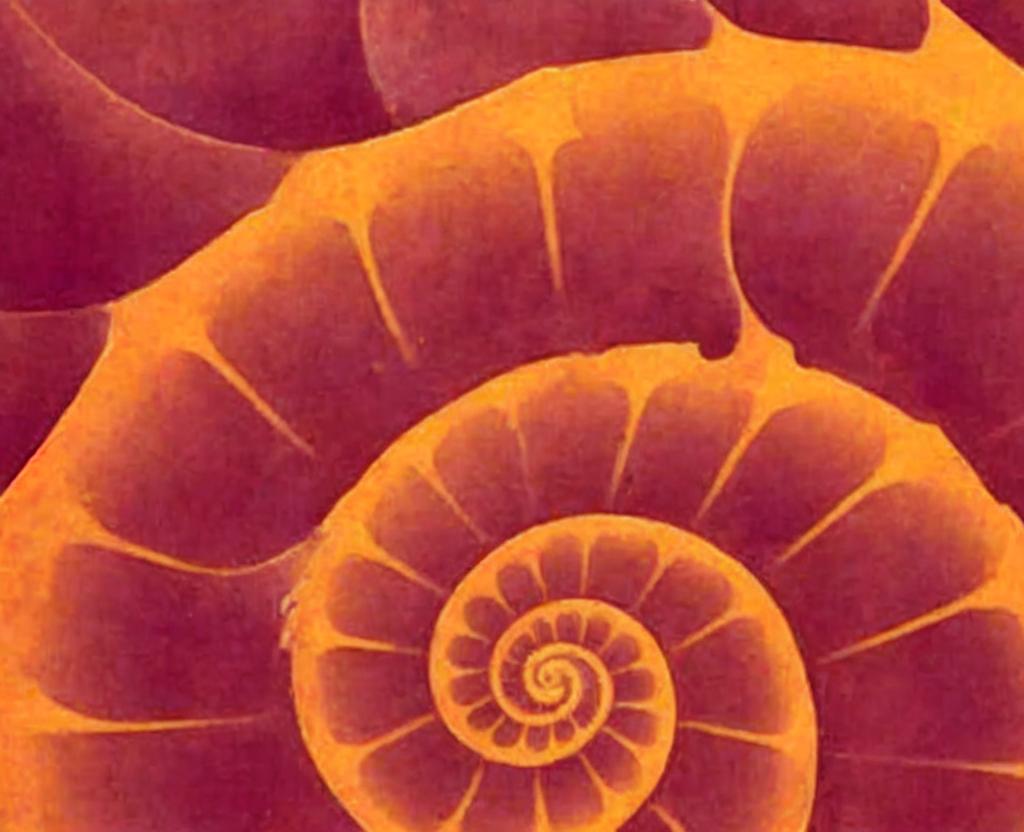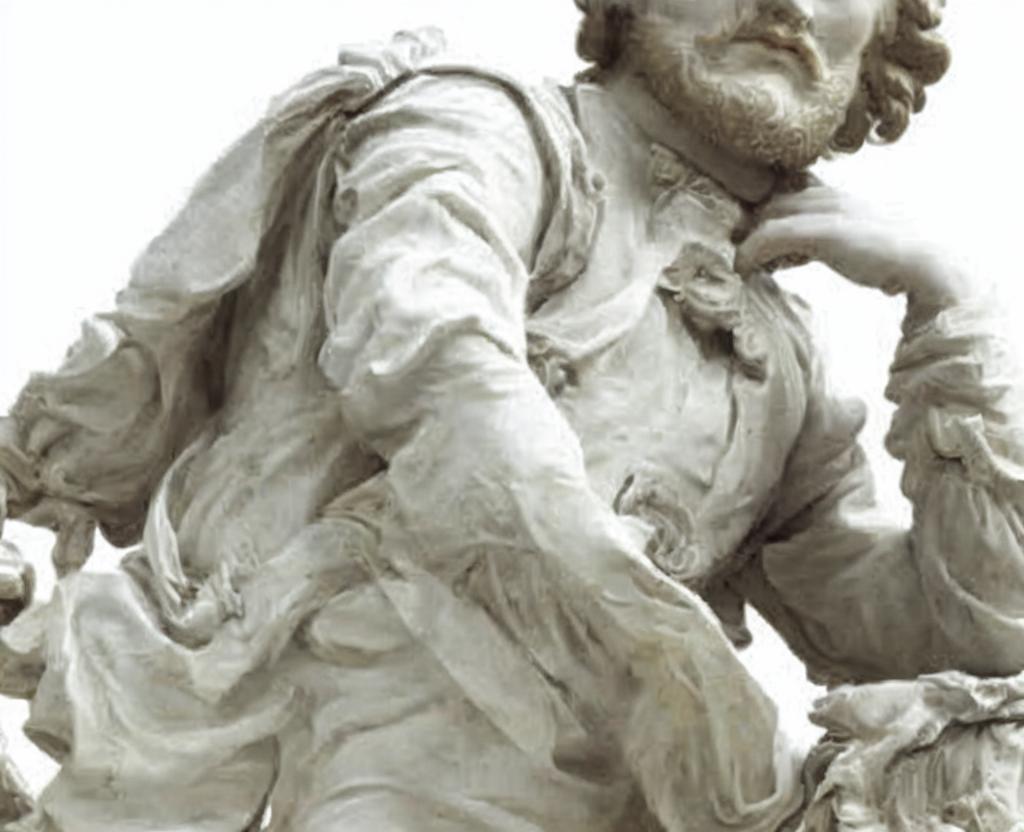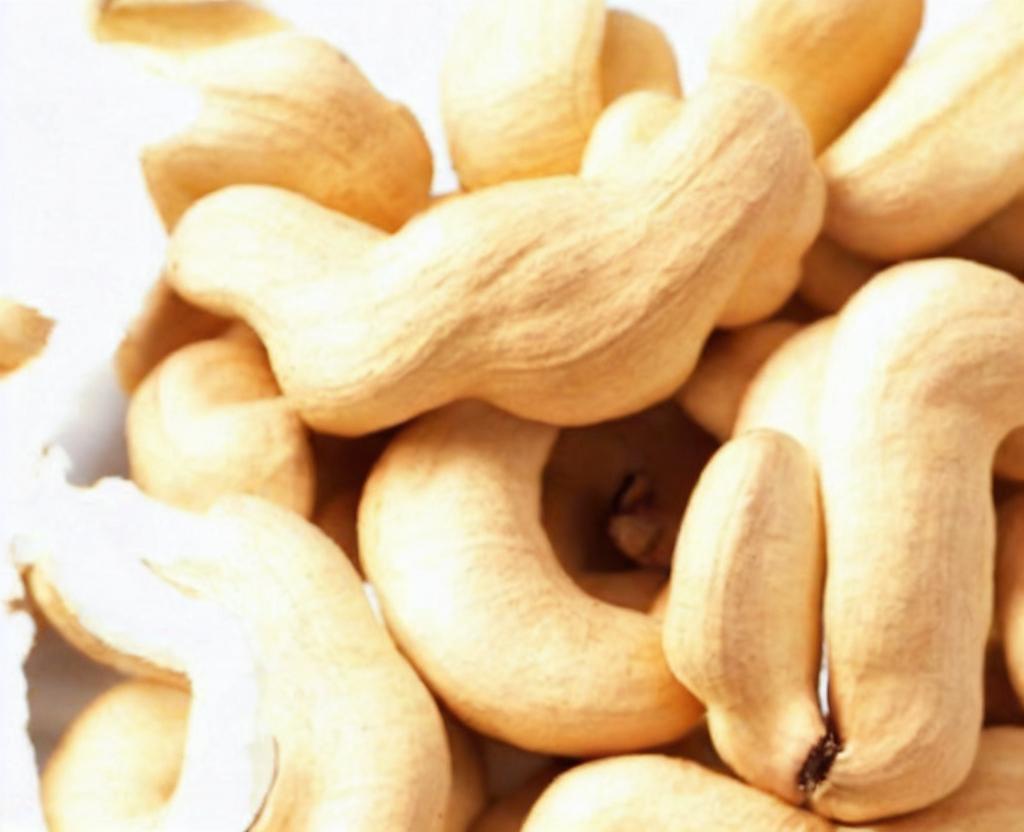
Fibonacci Day
dle Ages, Leonardo Bonacci, one of the Middle Ages' most influential mathematicians, is honored on Fibonacci Day on November 23rd. The date corresponds to the first numbers of the Fibonacci sequence, 1 2 3.33
Fibonacci, an Italian mathematician who is also known as Leonardo of Pisa and Leonardo Fibonacci, is a member of the Montemacci group. Fibonacci is believed to have originated the Fibonacci sequence, according to some. This pattern of counting indicates that each number is the sum of the previous two numbers. (e.g., 0,1,2,3,5,8,13, 13,13, etc.) (Fig. 1,1,2,3,3,5,8,13, etc.) (Fig. 1,1,2,3,3,5,8,13, etc.) This number sequence is currently used in computer data storage and processing. The sequence is also useful in the stock and architecture market. In nature, we find the sequence in another unexpected location. Patterns displaying this sequence are found in DNA sequences and hurricanes. The Fibonacci sequence is referred to as "nature's hidden code" or "nature's universal law." In addition, the number sequence is linked to the golden ratio and the golden triangle..
In his book Liber Abaci, in the year 1202, Fibonacci figures were published. The Western World was introduced by Fibonacci's book to the Hindu-Arabic numeral system we use today. This numeral system writes numbers as 1,2,3, etc. rather than Roman numerals I, II, III, etc.
Fibonacci was born in 1170 and was named in 1170. Guglielmo, an Italian store, traveled with his father as a young child. He learned about the Hindu-Arabic numeral system during his travels.. Fibonacci spent time on the Mediterranean Coast of Italy meeting with merchants and learning their arithmetic techniques. A statue of Fibonacci was erected in Pisa, Italy, in the 19th century. Today it appears in the Camposanto's western gallery.
#fibonacciday is a holiday in the United States. Here's how to celebrate #fibonacciday
Various fun activities utilizing the Fibonacci sequence are offered in schools around the world. To participate: To participate: To participate: To participate: You must register: To participate:
- Watch a video describing the Fibonacci sequence in nature or a video discussing Fibonacci numbers's magic
- Look for Fibonacci sequence items in your house or nature
- Learn more about Fibonacci or other famous mathematicians, including Archimedes, Newton, and Gauss
- Learn about other math holidays, including Pi Day, Pythagorem Day, Math 2.0 Day, and Mole Day. Learn about other math holidays such as Pi Day, Pythagorem Day, Math 2.0 Day, and Mole Day
- Bake Fibonacci spiral cookies, a delectable dessert for the forthcoming holidays, make a perfect dessert for the forthcoming holidays
- Do some amusing Fibonacci exercises?
#FibonacciDay on social media makes your friends think you're a math genius by posting this day on social media with #FibonacciDay. Make your friends think you're a math genius by posting this day on social media with #FibonacciDay.





